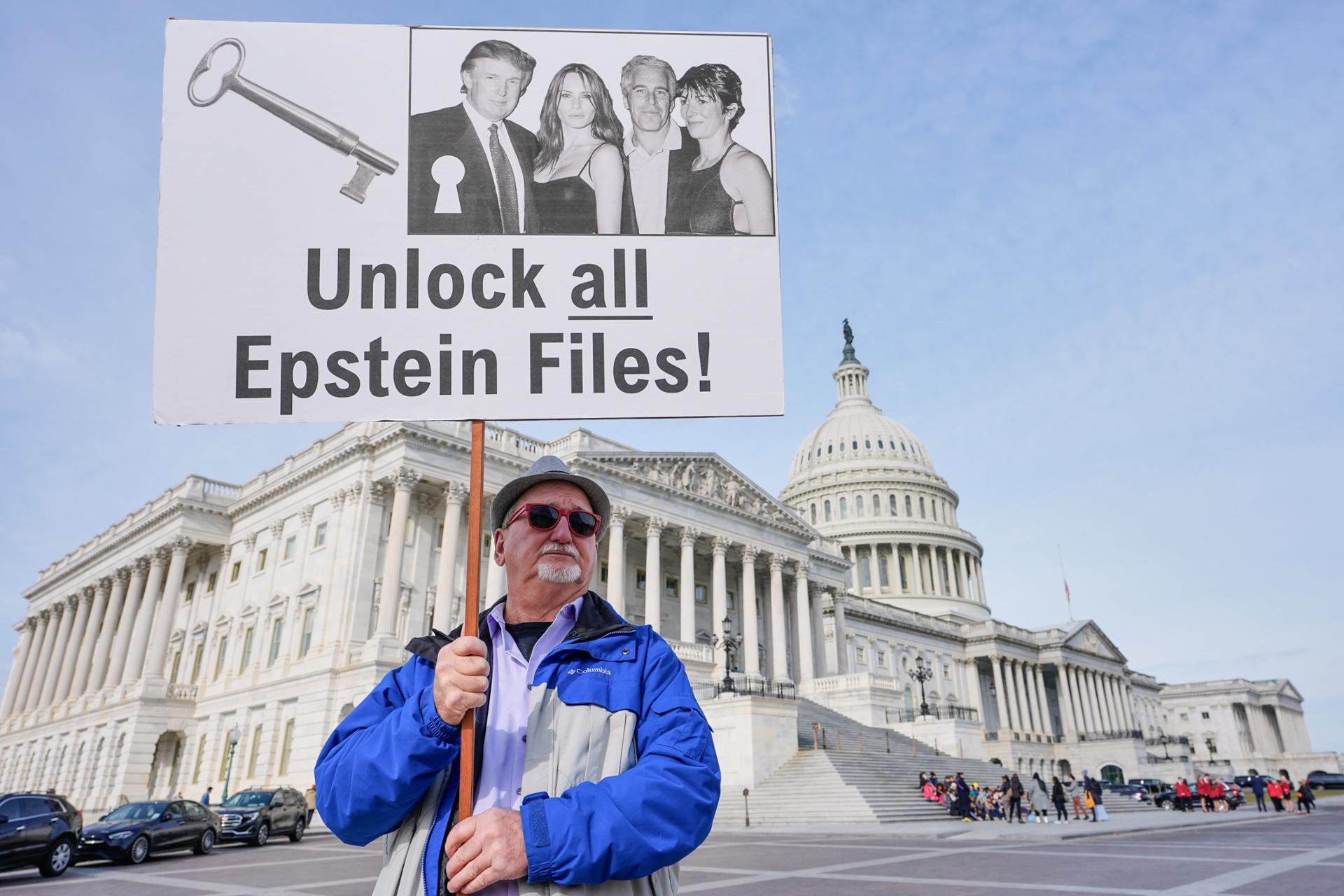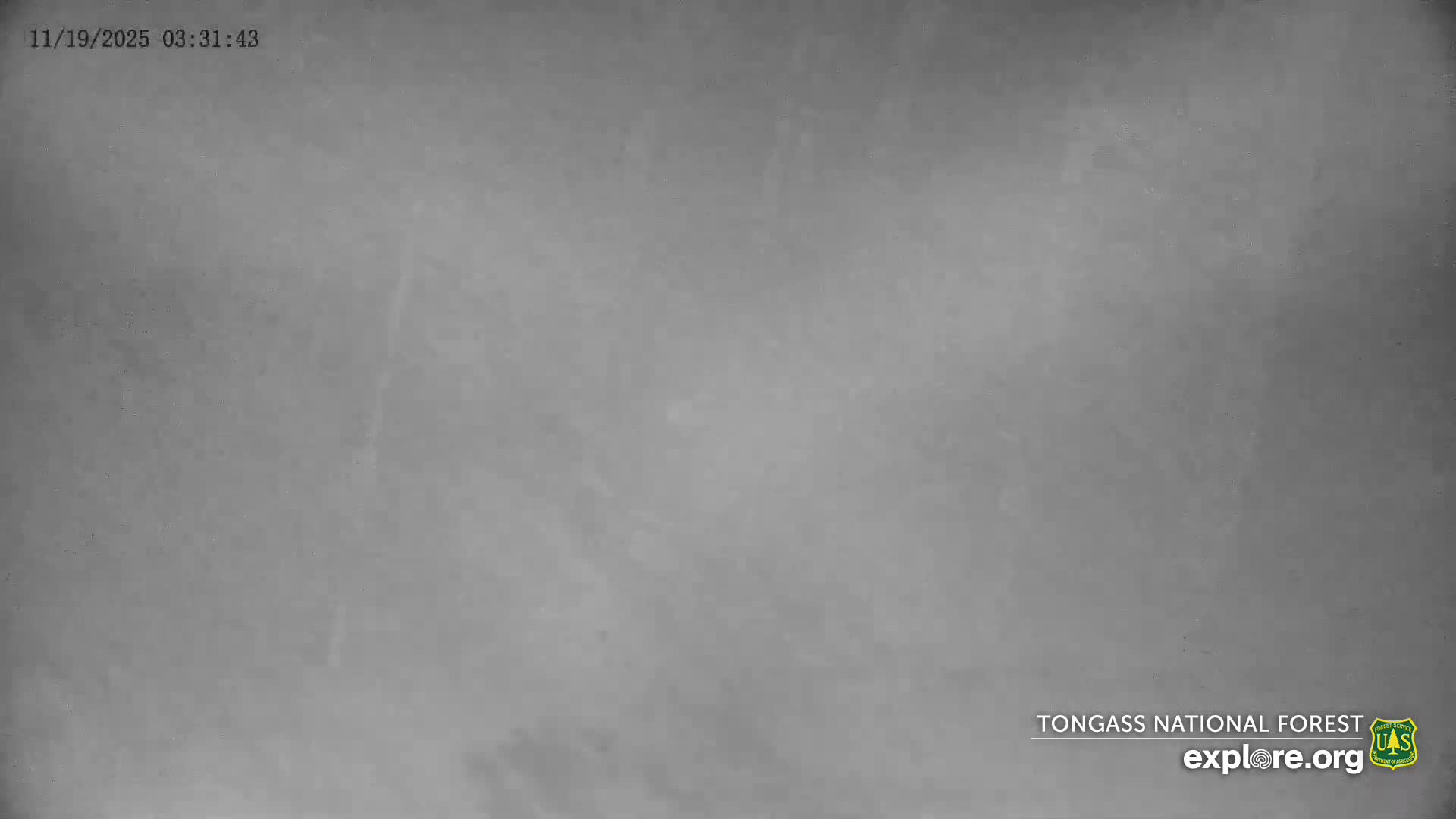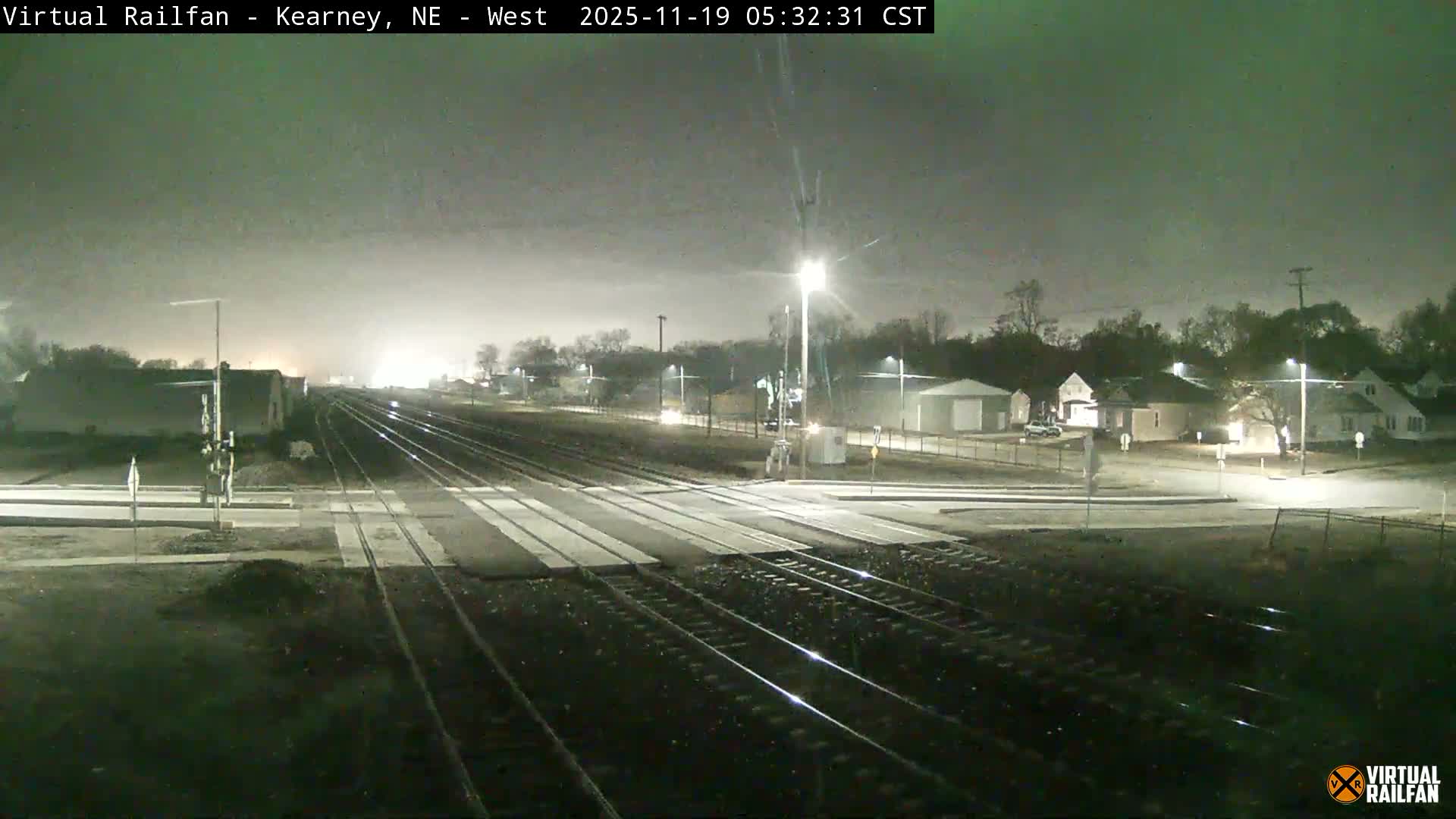Trump Caves to Pressure, Signs Bill to Release Jeffrey Epstein Case Files After Months of Resistance
 United States
Politics
United States
Politics

President Trump signed legislation compelling his administration to release Jeffrey Epstein case files, ending months of resistance. The bill mandates the Justi
Trump Reverses Course, Signs Bill for Jeffrey Epstein Case File Release
Washington, D.C. — After months of staunch resistance, President Donald Trump has officially signed into law legislation mandating the public release of all federal files pertaining to the convicted sex offender Jeffrey Epstein. This move marks a significant political reversal for the administration, which had previously fought against efforts to disclose the voluminous documents.
Mandate for Disclosure: What the Bill Requires
The new bill compels the Justice Department to make public all case files, communications, and investigation details related to Epstein, including circumstances surrounding his death in a federal prison in 2019. The DOJ has a 30-day deadline to comply with these directives. While the legislation allows for certain redactions concerning Epstein’s victims to protect ongoing federal investigations, it explicitly forbids withholding information due to "embarrassment, reputational harm, or political sensitivity."
From Resistance to Reversal: Trump's About-Face
President Trump had the executive power to release many of these documents months ago but chose not to. His sudden change of heart comes after mounting pressure from a unique bipartisan congressional coalition, which included Democrats, a vocal Republican critic, and even some former Trump loyalists. Notably, Representative Lauren Boebert of Colorado, a proponent of the disclosure, was summoned to the Situation Room by the administration last week but remained steadfast in her position.
Trump publicly stated his decision to sign the bill was aimed at preventing the "Epstein issue" from diverting attention from what he termed the Republican Party's "AMAZING Victories." In a social media post, he expressed his desire for Republicans to maintain focus on their agenda, signaling that the Epstein matter had become an unwanted distraction.
Congressional Action and Dissent
The legislation garnered overwhelming support, passing the House of Representatives with a near-unanimous 427-1 vote. Only Representative Clay Higgins, R-La., dissented, citing concerns that the bill's language might inadvertently lead to the release of sensitive information about innocent individuals mentioned in the federal probe. The Senate subsequently approved the bill unanimously, bypassing a formal vote.
Epstein's Connections and Lingering Questions
It's widely known that Trump maintained a friendship with Epstein, the disgraced financier, who was known for his connections to global elites. However, the President has consistently denied any knowledge of Epstein’s criminal activities, asserting that he severed ties with him long before his legal troubles escalated. Prior to Trump's potential return to the White House for a second term, some of his close political allies had propagated conspiracy theories, suggesting a governmental cover-up of potentially incriminating information within the Epstein files. The signing of this bill now puts the onus on the Justice Department to unveil these long-awaited documents.





